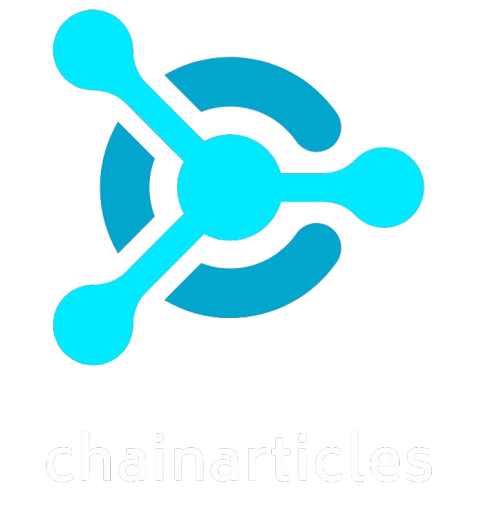HR teams across the Asia-Pacific region increasingly deploy AI and machine learning technologies to create more efficiencies in managing their workforces.
A survey of 1,515 business and HR leaders in the region, conducted by HR and finance platform Workday, found 69% of organisations are using AI or machine learning for one or more HR functions. Additionally, 42% of respondents reported increasing their reliance on digital tools to streamline HR tasks.
The survey also found that:
- The top three use cases for leveraging AI and ML in HR were data analytics and reporting (49%), workforce management (45%), and performance management (44%).
- Most professionals (91%) believe deploying AI and ML has positively impacted HR functions.
- Businesses are also deploying AI and/or ML for employee records management (43%) and to manage HR support or service desks (42%).
SEE: A Sovereign Cloud Boom is Happening In APAC Right Now
The report aligns with the 2024 State of HR Survey from the HR Exchange Network, which found Asia-Pacific HR teams are investing in AI technologies (35%) more than other core technologies like HR management systems (25%).
HR teams in ASEAN nations are the most proactive in rolling out AI
AI and ML use in HR was found to be most common among ASEAN respondents, with 88% of surveyed individuals in that region saying they were already using the technology in their organisations.
Other countries or regions where AI and ML were most popular, according to the Workday findings, were:
- South Korea (80%).
- North Asia (72%).
- Australia and New Zealand (70%).
SEE: Rethinking AI: How Organisations Can Become More Sensitive & Resilient
The technology was less popular in Japan, where only 48% used the technologies in HR functions. This was despite many Japanese respondents having challenges like talent acquisition (48%).
IBM’s AI Adoption Index from 2024 found that nations in South Asia, including ASEAN nations, were among the fastest global AI adopters in general, led by India (59%) and Singapore (53%).
HR teams found to be managing more data than ever before
Business and HR professionals said they increasingly relied on data for informed decision-making.
According to the Workday survey, 70% of senior managers and HR professionals are performing more data management than before the COVID-19 pandemic.
The survey noted HR teams were using data for various use cases, including:
- Creating a view of workforce costs and trends to support better productivity and profitability.
- Delivering data-driven insights to engage hiring candidates throughout the hiring process.
- Understanding engagement across different age groups using employee sentiment data.
AI seen as way to keep up with change and overcome challenge
HR teams are dealing with “the greatest work transformation in a century,” according to the report. Workday also noted the significant shift toward hybrid and decentralised work and some changes in employee expectations that have occurred since 2020. Such an environment is creating difficult challenges for HR in APAC, the biggest of which are:
- Talent acquisition (36%).
- Employee upskilling (35%).
- Staff retention (31%).
SEE: AI Market Trends: Key Insights & How Enterprises Should Adapt
Organisations are looking at creating efficiencies or new ways to deliver value through AI in areas like sourcing or hiring new staff. HR is exploring use cases such as resume summarisation or skills matching to reduce the time taken by staff in recruiting new team members.
AI could help HR become more strategic
HR leaders are playing increasingly strategic roles within organisations in Asia-Pacific and Japan. The Workday survey found 23% of respondents attended board meetings “significantly more” since 2020, while 35% said they were attending these meetings “somewhat more” than previously.
AI and digital tools could allow HR leaders to deliver value at a high level. However, HR leaders must be aware of the risks of AI deployment. Tools that shortlist candidates based on existing employee data were one of the first examples of where AI could go wrong due to bias.
Law firm Bird & Bird warned regional organisations in a client update to ensure their AI models are ethically sound.
“Ethical and legal questions on the liability or fairness of AI applications in HR decision-making remain unclear and untested … in our view, a strong argument may be made that employers have a legal obligation to ensure their AI algorithms are sufficiently trained to avoid discriminatory outcomes,” the law firm’s update said.





